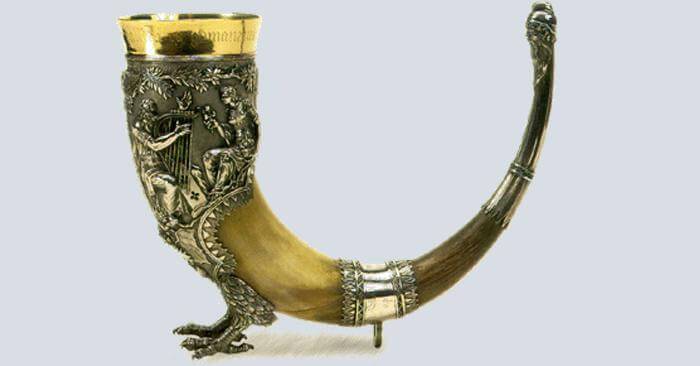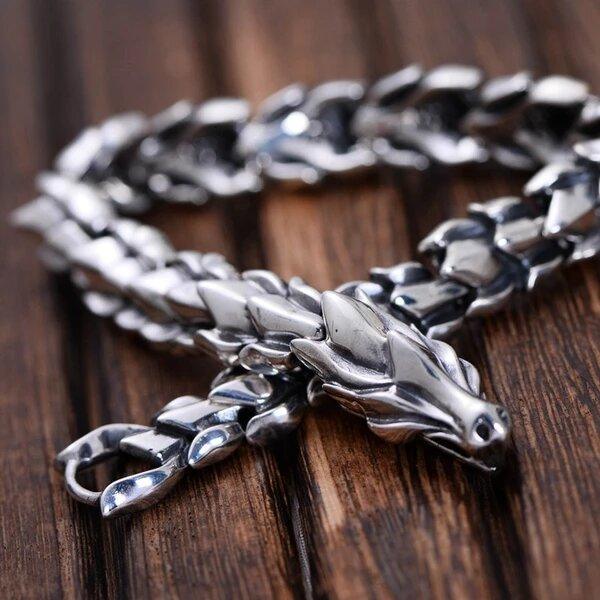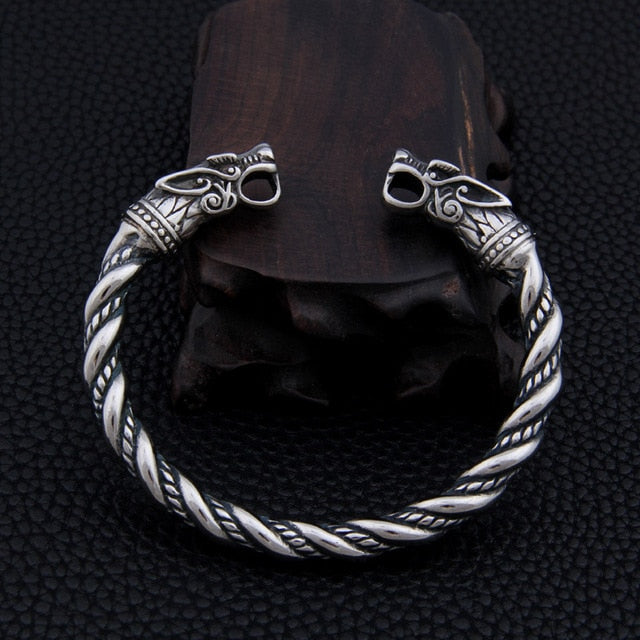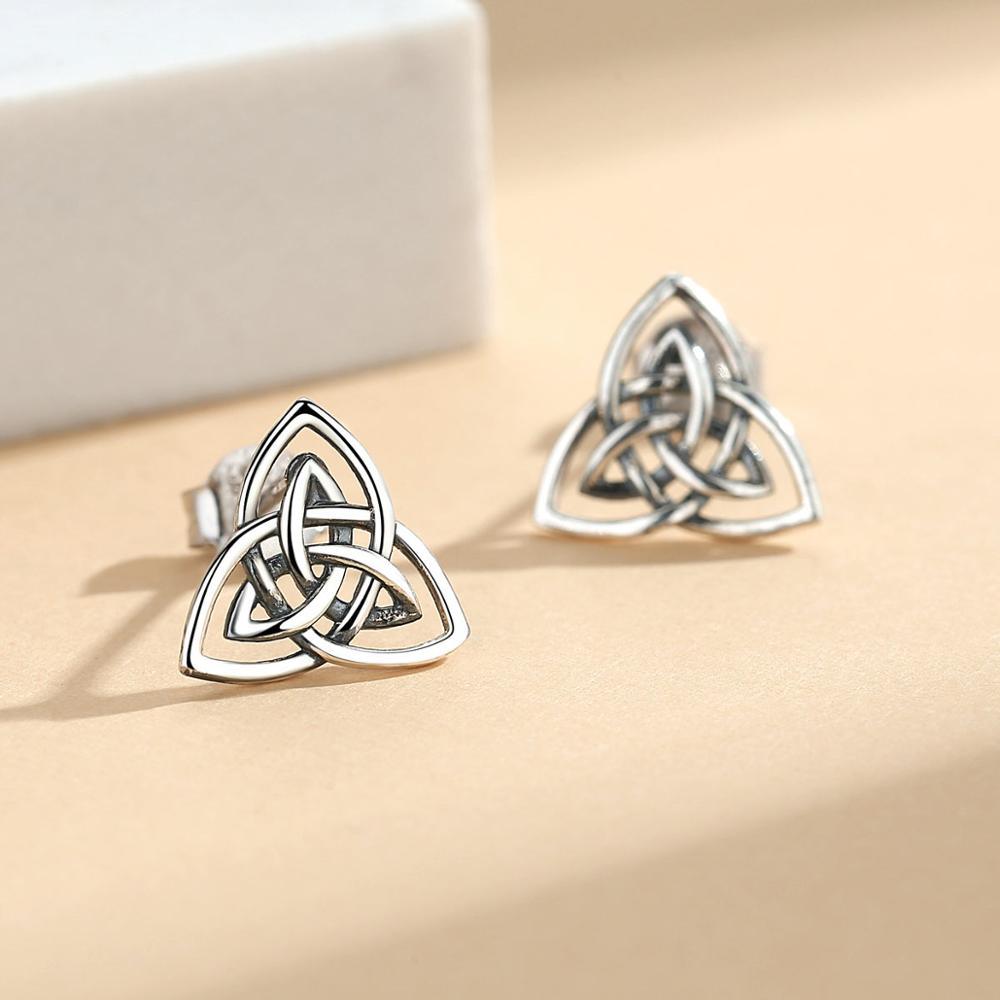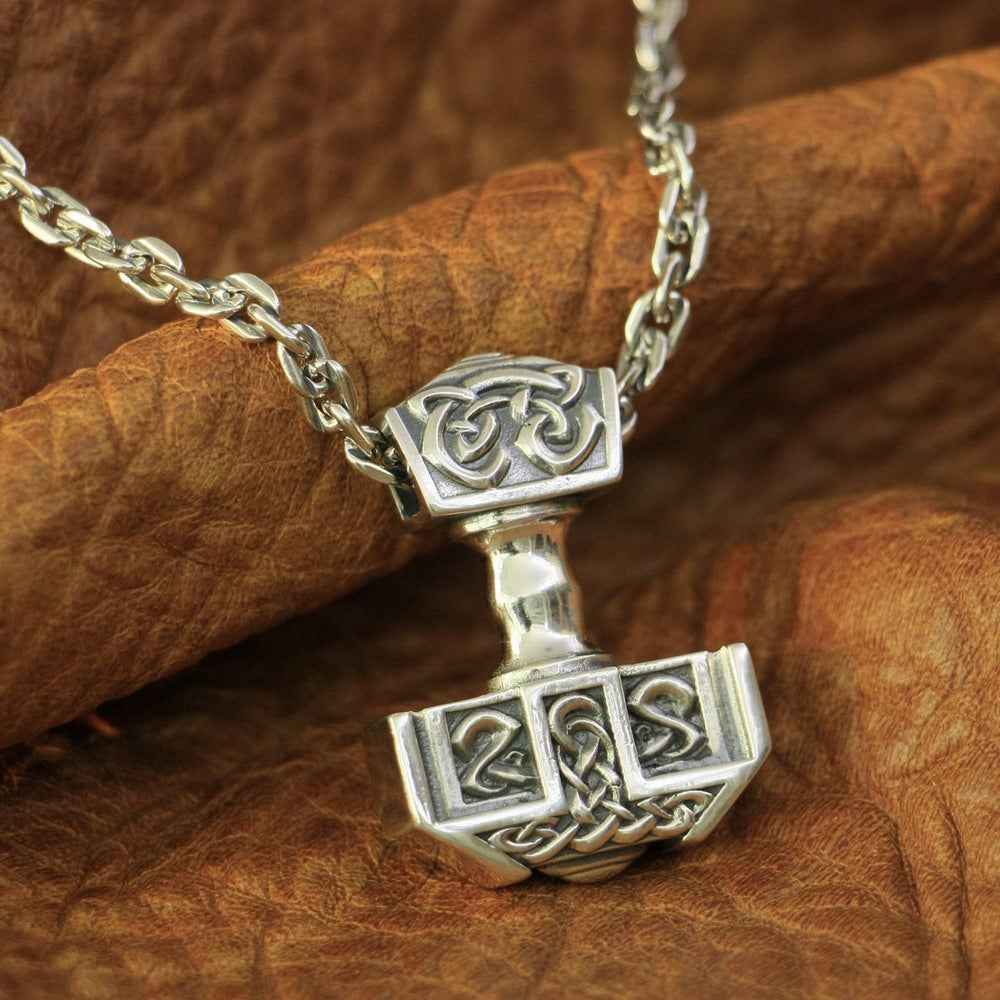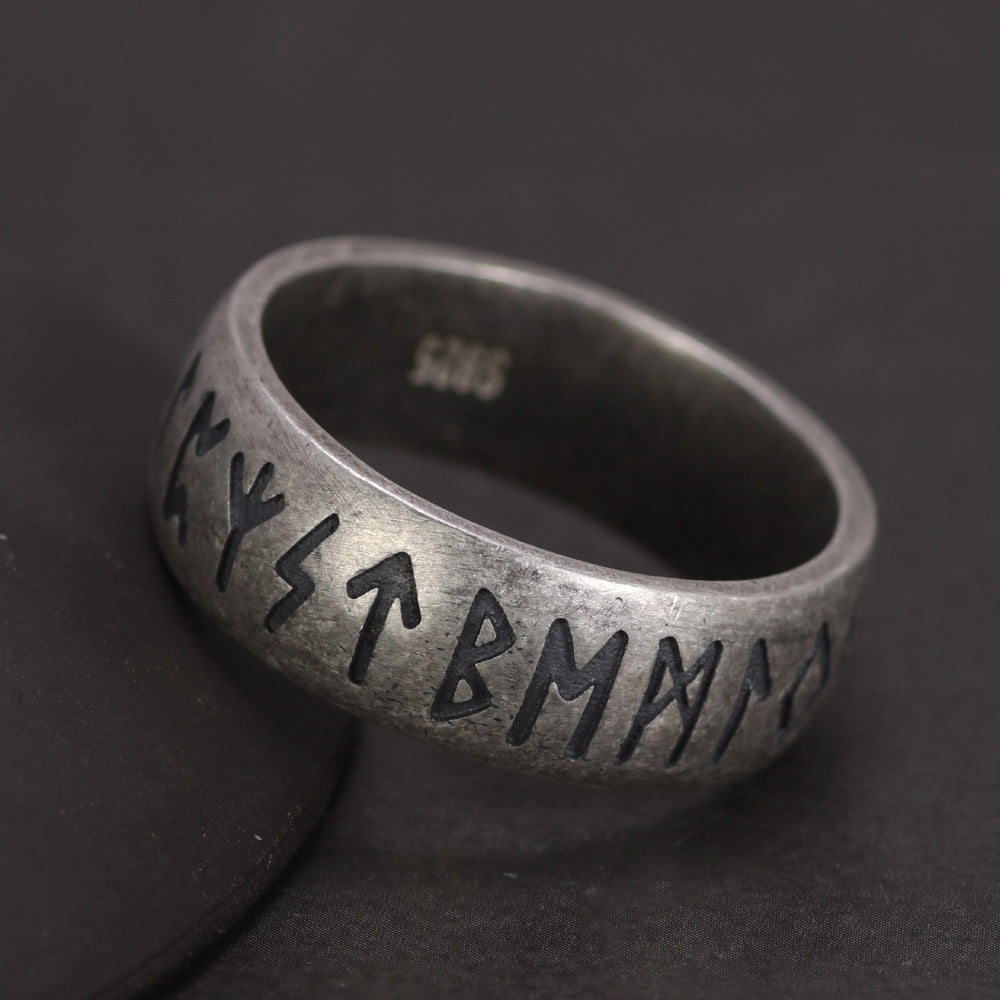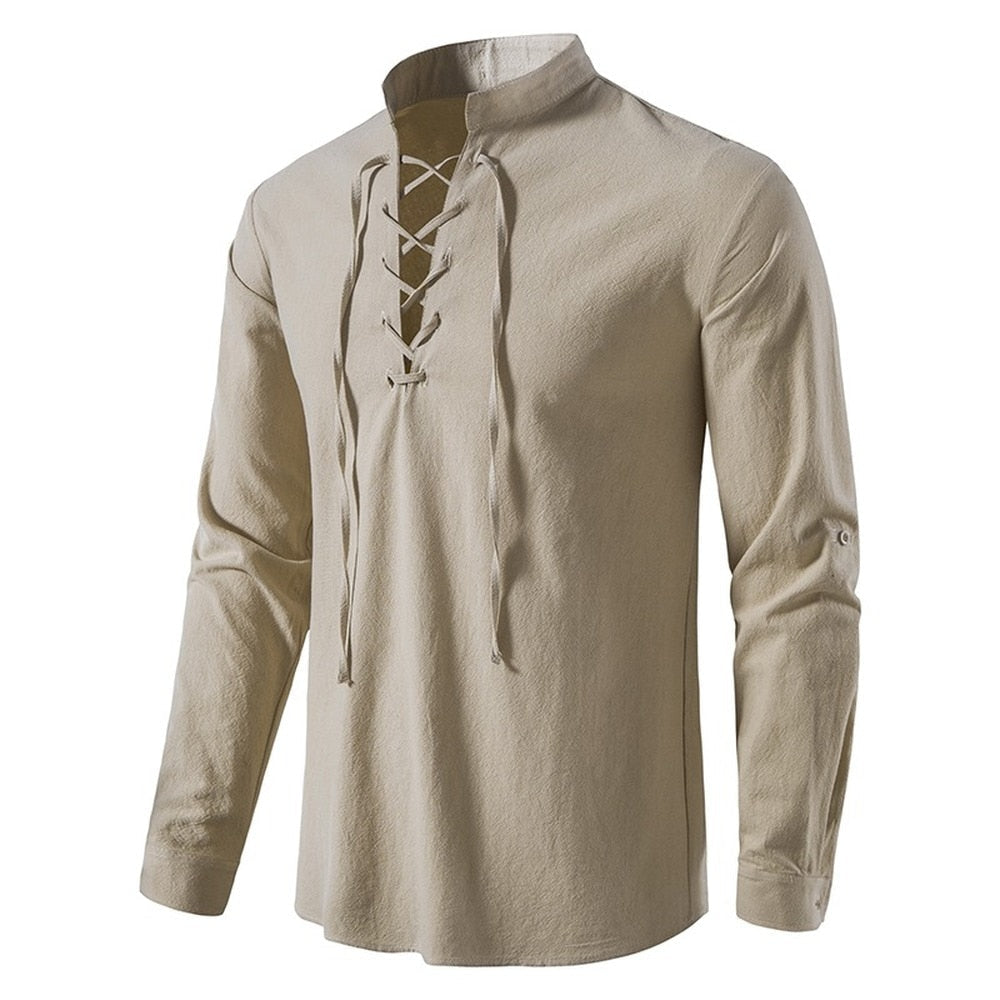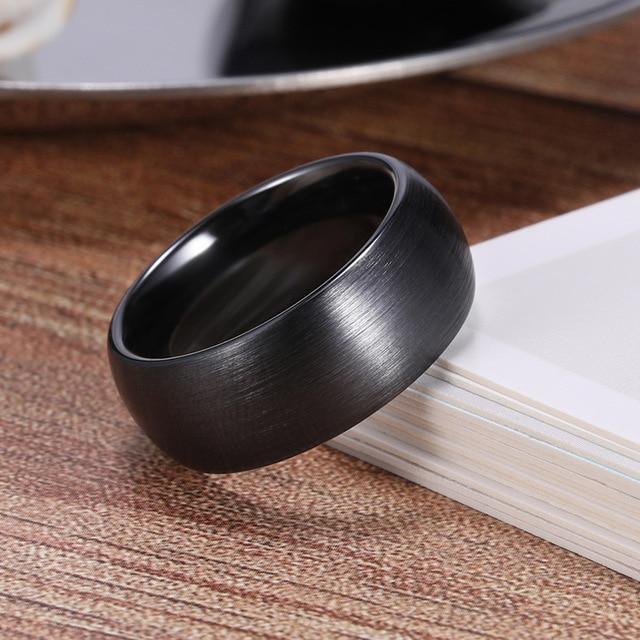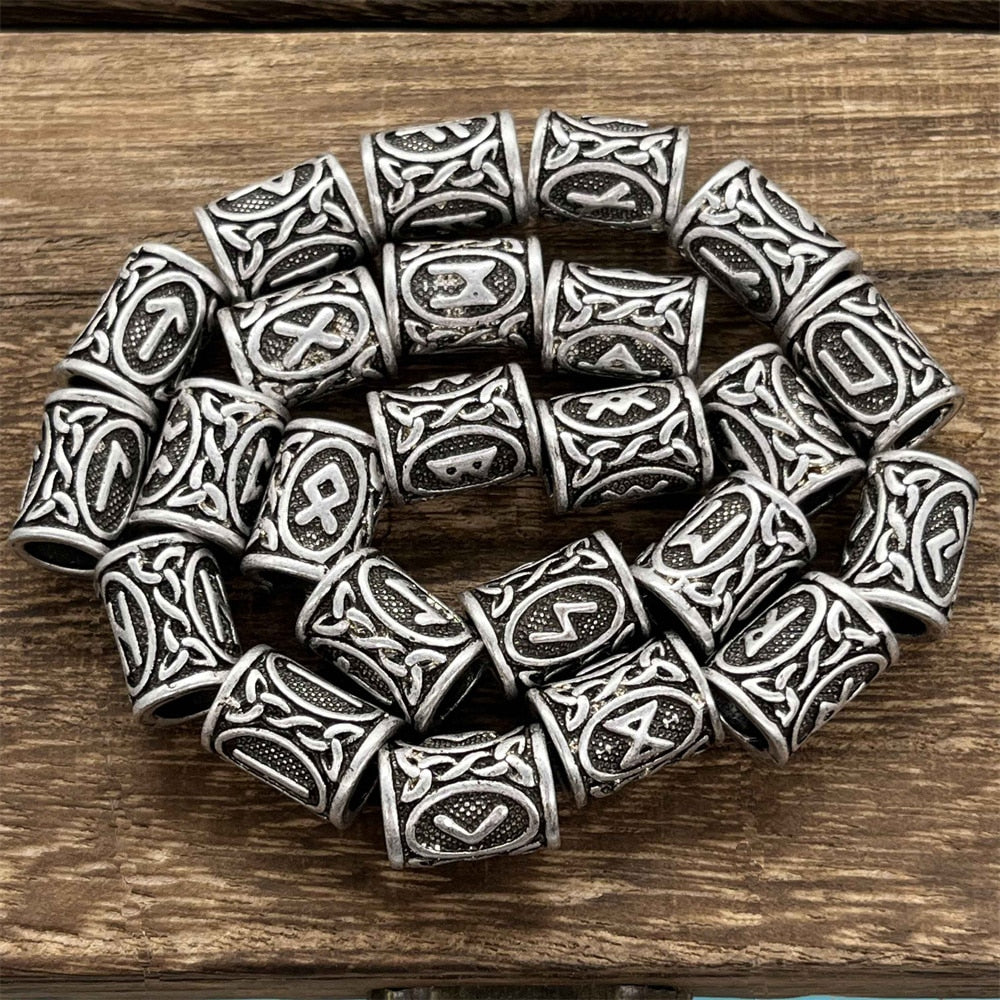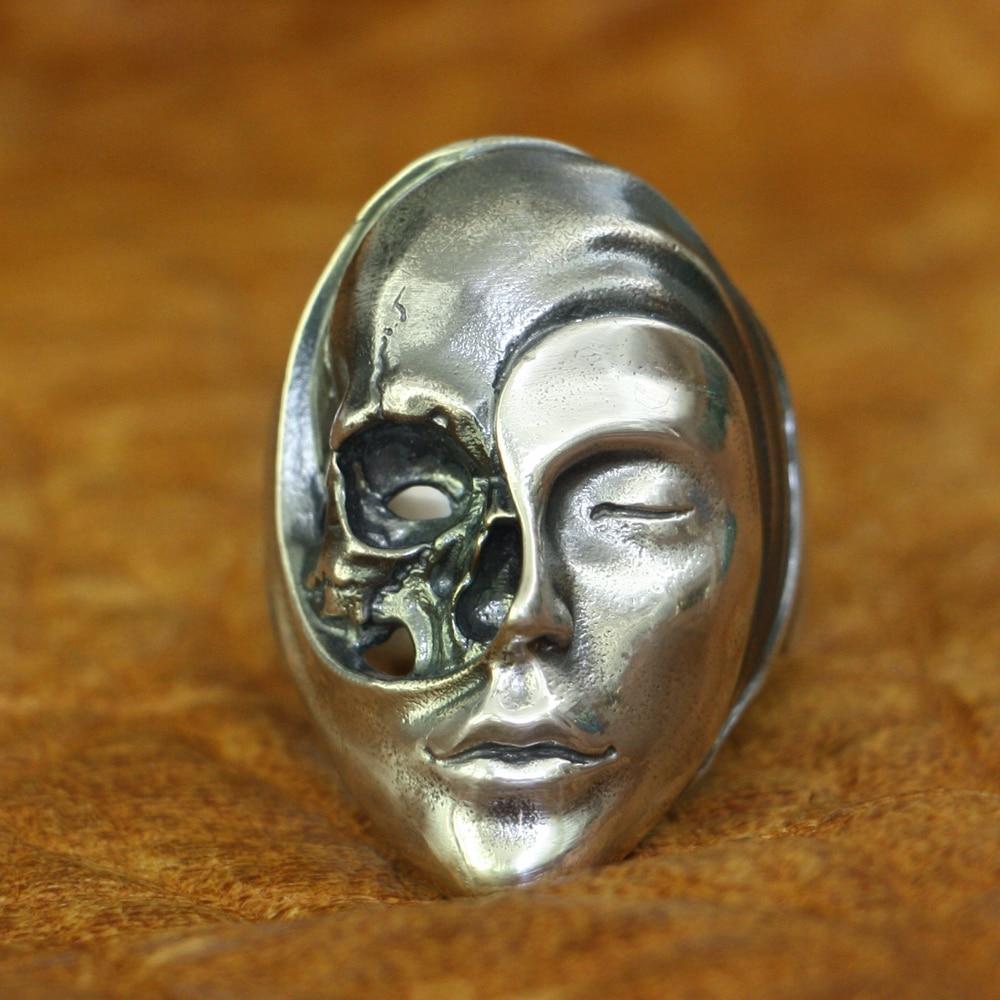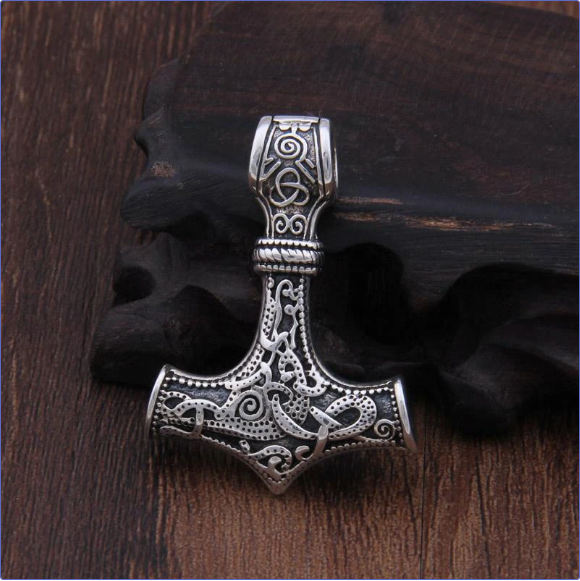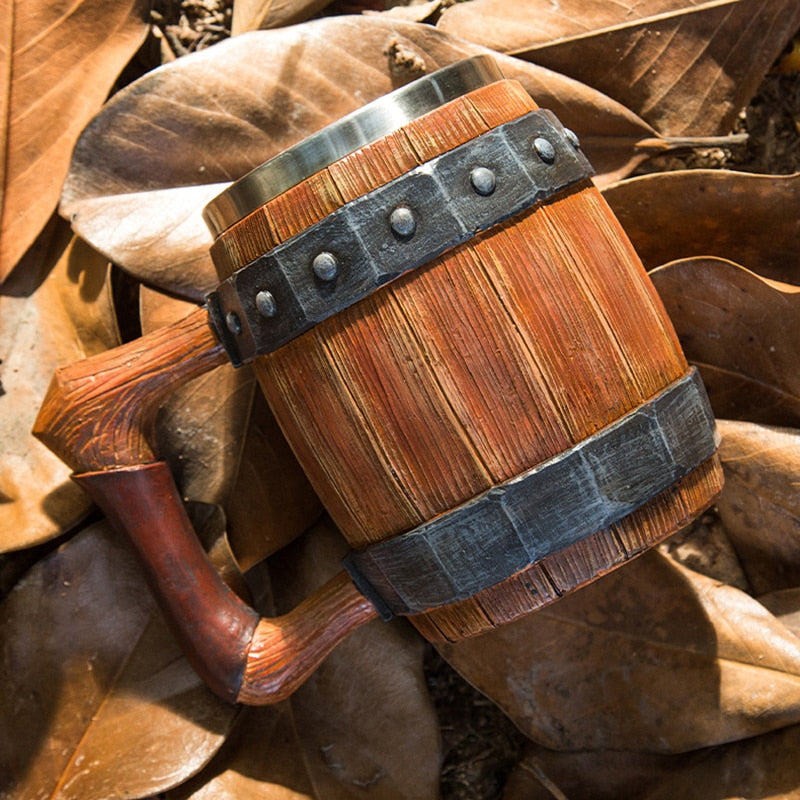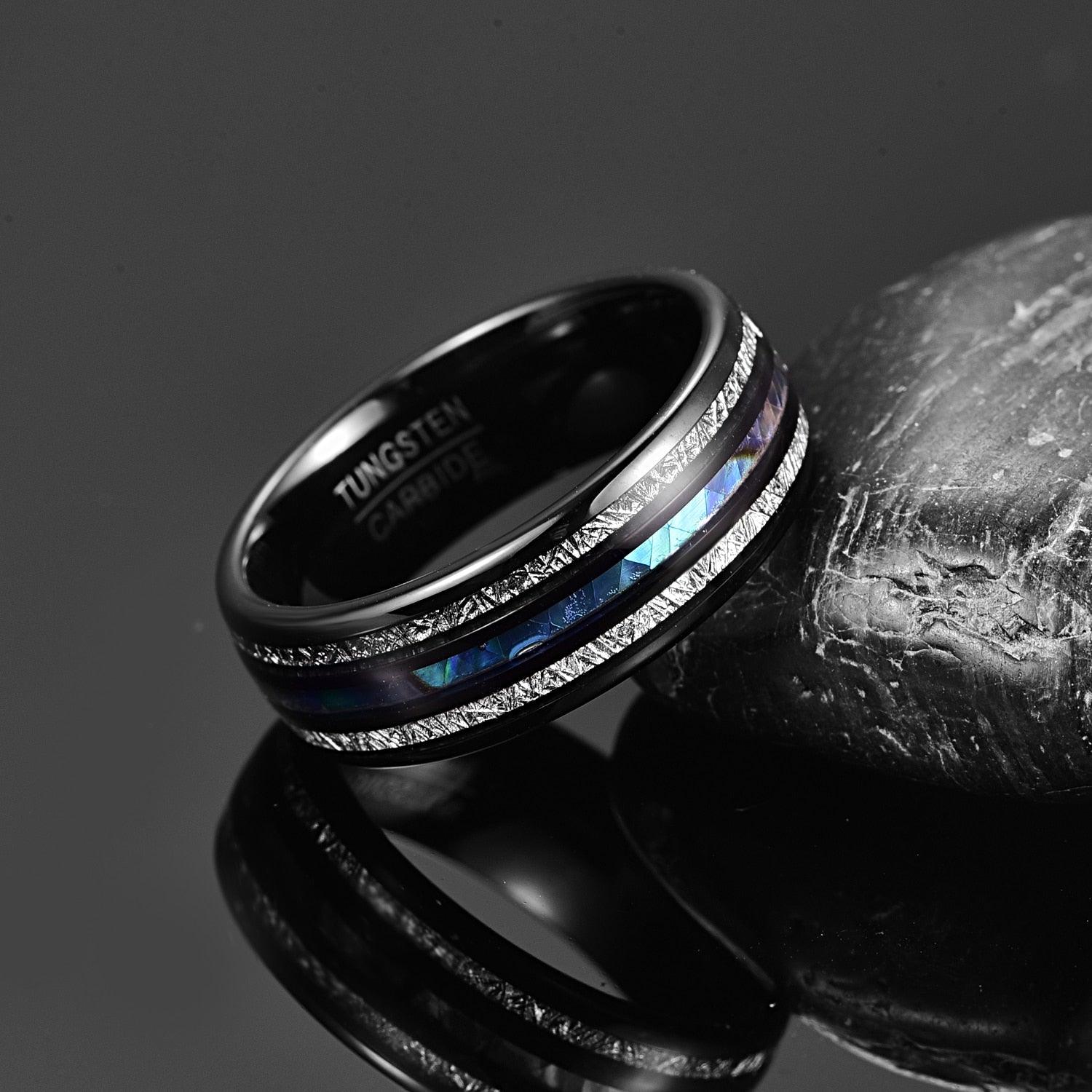Kvasir was the wisest human that had ever lived. He was born when the Gods made peace after the Aesir-Vanir war, and was created when the Gods spat on a caldron, symbolizing their union. Kvasir wisdom was legendary, none was able to present him with a question for which he didn’t have a satisfying answer. He became famous and traveled throughout the world giving counsel.
Kvasir's fame spread far and wide, and everyone desired his knowledge. One day he was invited to the home of two dwarves, Fjalar (“Deceiver”) and Galar (“Screamer”). Despite Kvasir wisdom, he was surprised by the greedy dwarves, who wished his knowledge for themselves. The dwarves betray and slew Kvasir, pouring all his blood into vats and brewing mead with Kvasir blood.

This mead contained Kvasir’s ability to dispense wisdom, and was appropriately named Óðrerir (“Stirrer of Inspiration”). Any who drank of it would become a poet or a scholar. When the Gods questioned them about Kvasir’s disappearance, Fjalar and Galar told them that Kvasir had choked on his wisdom. The Gods hadn’t drink that mead yet to know better…
The two dwarves found out that they could get away with murder even from the Gods, which only worsened their delight in murder. Soon after slaying Kvasir, they took the giant Gilling out to sea and drowned him for sport. The sounds of Gilling’s weeping wife irritated them, so they killed her as well, this time by dropping a millstone on her head as she passed under the doorway of her house.
But this last mischief got the dwarves into trouble. When Gilling’s son, Suttungr (“Heavy with Drink”), learned of his father’s murder, he seized the dwarves and, at low tide, carried them out to a reef that would soon be covered by the waves. The dwarves pleaded for their lives, and Suttungr granted their request only when they agreed to give him the mead they had brewed with Kvasir’s blood.
Suttungr hid the vats of mead in a chamber beneath the mountain Hnitbjorg (“Pulsing Rock”), where he appointed his daughter Grunlöd (“Invitation to Battle”) to watch over them.

Odin eventually found out about the fate of Kvasir and the Mead of Poetry made with his blood, and became displeased with the precious mead’s being hoarded away beneath a mountain. Odin was always relentless and unstoppable in his pursuit of wisdom, and He bent his will toward acquiring the Óðrerir mead for himself and those he deemed worthy of its powers.
Disguised as a wandering farmhand, Odin went to the farm of Suttungr’s brother, Baugi. There he found nine servants mowing hay. He approached them, took out a whetstone from under his cloak, and offered to sharpen their scythes. They eagerly agreed, and afterwards marveled at how well their scythes cut the hay. They all declared this to be the finest whetstone they had ever seen, and each asked to purchase it. Odin consented to sell it, “but,” he warned them, “you must pay a high price.” He then threw the stone into the air and, in their scramble to catch it, the nine killed each other with their scythes.
Odin then went to Baugi’s door and introduced himself as “Bölverkr” (“Worker of Misfortune”). He offered to do the work of the nine servants who had, as he told it, so basely killed each other in a dispute in the field earlier that day. As his reward, he demanded a sip of Óðrerir, Suttungr’s mead.

Baugi responded that he had no control of the mead and that Suttungr guarded it jealously, but that if Bölverkr could truly perform the work of nine men, he would help the apparent farmhand to obtain his desire.
At the end of the growing season, Odin had fulfilled his promise to the giant, who agreed to accompany him to Suttungr to inquire about the mead. The giant, however, angrily refused.
Odin then resorted to subterfuge and, by reminding Baugi of their bargain, convinced the giant to aid him in gaining access to Suttungr’s dwelling.
The two went to a part of the mountain that Baugi knew to be nearest to the underground chamber. Odin took an auger out from his cloak and handed it to Baugi for hill to drill through the rock. The giant did so, and after much work announced that the hole was finished. Odin blew into the hole to verify Baugi’s claim, and when the rock-dust blew back into his face, he knew that his companion had lied to him. The wise and suspicious God then bade the giant to finish what he had started. When Baugi proclaimed the hole to be complete for a second time, Odin once again blew into the hole. This time the debris were blown through the hole.

Odin thanked Baugi for his help, shifted his shape into that of a snake, and crawled into the hole. Baugi stabbed after him with the auger, but Odin made it through just in time.
Once inside, Odin assumed the form of a charming young man and made his way to where the giantess Suttungr’s daughter Grunlöd guarded the mead. The giantess Grunlöd was lonely and Odin managed to win her favor and secured a promise from her that, if he would sleep with her for three nights, she would grant him three sips of the mead. After the third night, Odin went to the mead, which was in three vats to have his three sips. To the giant dismay, each sip Odin took consumed the whole contents of a vat, and so the Allfather drank all of Kvasir's mead.
Odin then changed his shape yet again, this time into that of an eagle, and flew off toward Asgard, the Gods’ celestial stronghold, with his prize in his throat. Suttungr soon discovered this trickery, took on the form of another eagle, and flew off in pursuit of Odin.
When the Gods spied their leader approaching with Suttungr close behind him, they set out several vessels at the rim of their fortress. Odin reached the abode of his fellow Gods before Suttungr could catch him, and the giant retreated in anguish. As Odin came to the containers, he regurgitated the mead into them. As he did so, his bladder demanded to be emptied, and he also relieved himself of a few drops that fell to Midgard, below.

It is said that all bad and mediocre poets and scholars gained their pitiful abilities because of the mead urinated by Odin, while the true poets and scholars are those to whom Odin dispenses his mead personally and with care.
Up to this day, the Triskele, or Triple horn of Odin, represents Odin’s quest for knowledge and poetry, a gift that the Allfather choses to freely dispense to humanity.
This story survives both in fragmentary form in Hávamál, and in a more complete form in Snorri Sturluson's Skáldskaparmál. The story is old and picture stones illustrating the story existed more than four centuries before Snorri Sturluson wrote the story down.
Sources:
Simek, Rudolf. 1993. Dictionary of Northern Mythology. Translated by Angela Hall.
Jesse Byock (2005) Snorri Sturluson, The Prose Edda. 1st. edition. London, England: Penguin Books Ltd. ISBN-13 978-0-140-44755-2
Anthony Faulkes (1995) Snorri Sturluson, Edda. 3rd. edition. London, England: Everyman J. M. Dent. ISBN-13 978-0-4608-7616-2 - The Poetic Edda. Hávamál, stanzas 104-110
